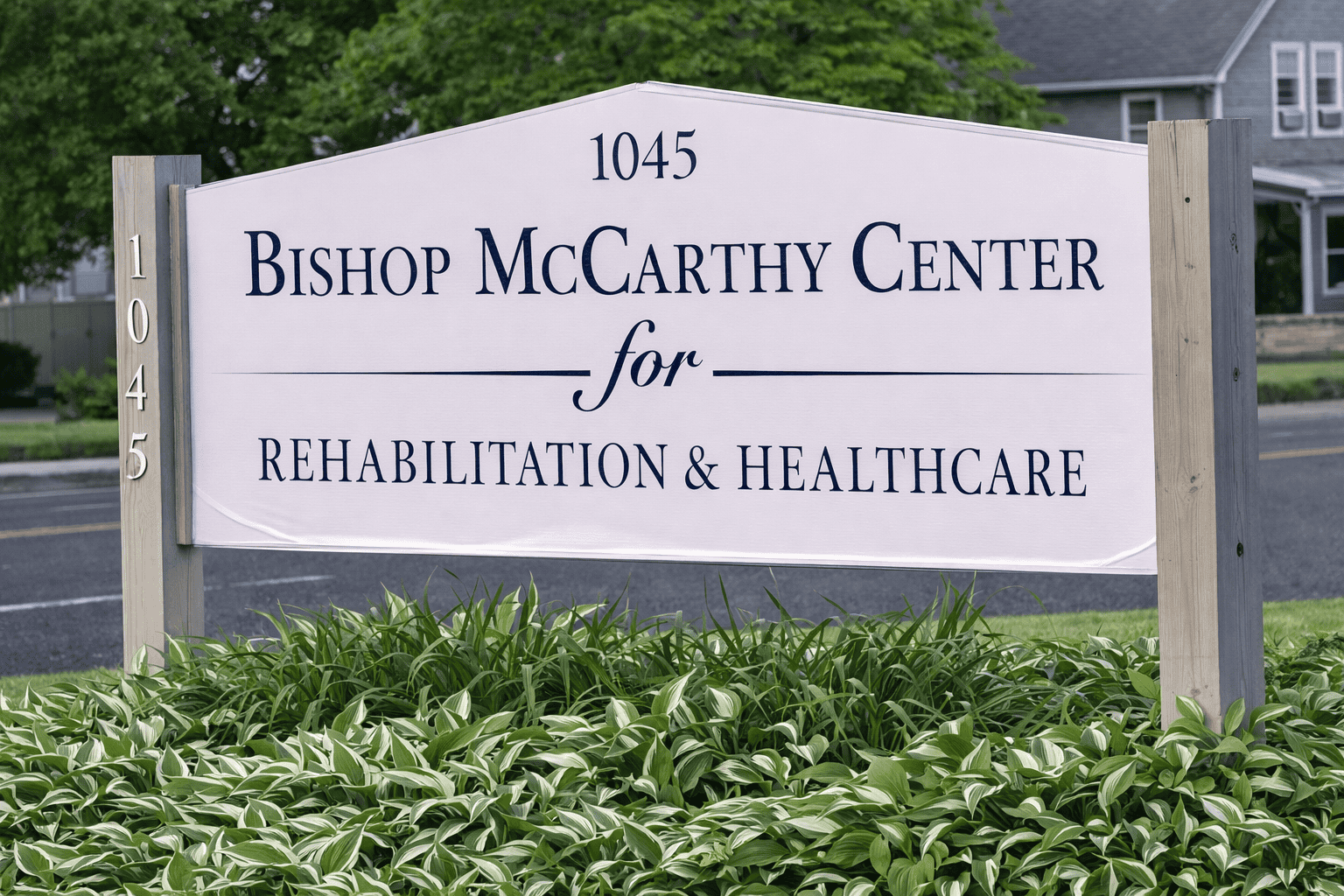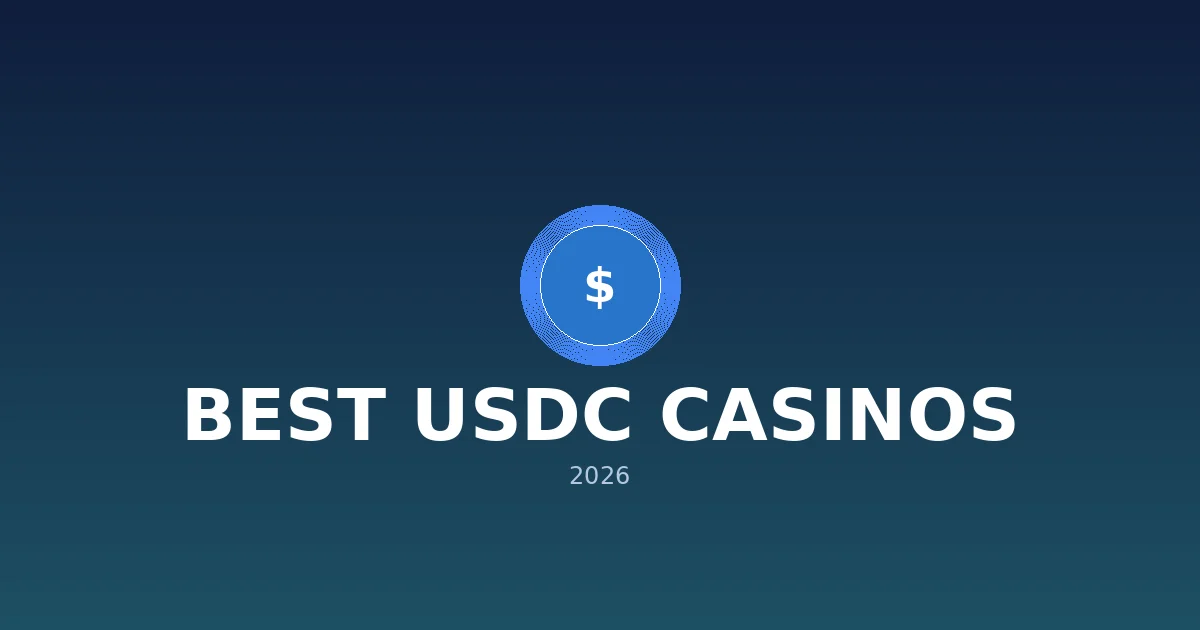Could New Jersey Raise Its Online Gambling Tax? 2025 Updates

In early 2025, New Jersey Governor Phil Murphy threw down the gauntlet with a bold fiscal maneuver — proposing a substantial hike in the state’s online gambling tax rates as part of his budget blueprint for fiscal year 2026.
The plan calls for nearly doubling the tax rate on online sports wagering from 13% to 25% while simultaneously pushing online casino gambling taxes from 15% to 25%. State officials project that this NJ gambling tax overhaul would pump an additional $400 million into state coffers.
As the proposal winds its way through legislative chambers, industry players and lawmakers are locked in heated discussions about potential ripple effects throughout Atlantic City’s casino ecosystem — particularly concerning overall revenue streams, player bonus offerings, and the amounts ultimately returned to bettors via payouts.
The Proposed Tax Increase
The Murphy administration’s budget blueprint details a sweeping overhaul that would substantially increase the New Jersey sports betting tax rate alongside similar hikes for online casino operations.
The proposal would elevate the gambling tax rate from 13% to 25% for sports betting platforms while simultaneously raising the levy on internet casino gambling from 15% to 25%.
State budget officials project the changes would generate roughly $400 million in fresh revenue, with $322.6 million earmarked for the Casino Revenue Fund and the remaining $80 million flowing into state coffers.
Administration officials defend the increases as vital for balancing the budget and maintaining essential services across the Garden State.
Industry insiders, however, paint a bleaker picture. They caution that potential investors might bypass New Jersey entirely, choosing markets with friendlier tax environments. This exodus could potentially trigger a domino effect: reduced competition, fewer gaming options, diminished customer service quality, and market stagnation.
Some analysts predict a revenue migration to neighboring Pennsylvania, where table games face a comparatively modest 16% rate, though slot machines bear a steeper 54% tax burden. Such shifts could erode New Jersey’s hard-won position as a pioneer in the regulated online gambling landscape.
Industry Response and Concerns
The governor’s proposed New Jersey gambling tax hikes have sparked fierce debate among casino operators, with industry giants like BetMGM and FanDuel sounding alarm bells about potential market disruption.
These companies warn that the gambling tax NJ increases could force them to slash promotional offers, worsen betting odds, and inadvertently push customers toward illicit gambling platforms operating beyond regulatory oversight.
“Doubling the tax could force operators to cut back, costing us jobs and economic growth while driving more bettors to illegal sites that don’t contribute to our state,” industry leaders cautioned in a joint statement released yesterday.
While the Murphy administration touts the benefits of channeling additional revenue toward education and infrastructure improvements, industry advocates point to online gambling’s substantial economic impact since its 2013 legalization. The New Jersey Division of Gaming Enforcement reports the state collected upwards of $230 million from internet casino operations in 2023 alone.
Many casino executives fear the steeper tax burden could throttle the sector’s momentum by hampering their ability to invest in customer acquisition strategies – the lifeblood of the industry’s impressive growth trajectory. Atlantic City stakeholders worry that without competitive marketing budgets, the gaming hub’s digital renaissance could grind to a halt.
Legislative Perspectives
The statehouse has become a battleground over the future of NJ gambling as lawmakers stake out positions on both sides of the proposed tax hikes.
Senator Vince Polistina, the Atlantic County Republican, has emerged as a vocal critic of the measure, warning it could deliver a devastating blow to Atlantic City’s fragile recovery. During yesterday’s committee hearing, Polistina painted a grim picture of potential job cuts and shuttered casino properties if the gambling taxes NJ proposal advances unchecked.
“We’re talking about real people’s livelihoods here,” Polistina told reporters after the session. “This isn’t just about state revenue—it’s about preserving the economic engine that powers an entire region.”
On the opposite side of the aisle, Democratic Senator John McKeon of Essex and Passaic counties has backed the governor’s plan. McKeon framed the issue as basic fairness, arguing that the booming digital gambling sector should contribute proportionally to state coffers as its profits swell.
“Industries that thrive in our state need to pay their fair share,” McKeon said during the floor debate. “This isn’t about penalizing success—it’s about ensuring balanced growth that benefits all New Jerseyans.”
Economic Implications
A hike in the NJ sports betting tax rate could have ripple effects far beyond casino balance sheets, potentially reshaping New Jersey’s entire digital gambling landscape.
Industry analysts warn that operators facing steeper NJ sports betting tax burdens would likely slash marketing expenditures, scale back player incentives, and reduce promotional offerings that have fueled the market’s explosive growth. Such cutbacks could inadvertently steer consumers toward unregulated offshore gambling sites, undermining the state’s carefully constructed regulatory framework.
“What looks like a revenue windfall on paper could backfire spectacularly,” explained one Atlantic City casino executive, who requested anonymity to speak candidly. “If regulated platforms become less attractive to consumers, we risk watching our market share evaporate to illegal operators who pay zero taxes.”
Consumer behavior shifts remain a critical concern. When operators pass increased costs to players through reduced bonuses or less favorable odds, bettors notice. Research indicates that even modest decreases in perceived value can drive players toward offshore alternatives operating beyond U.S. jurisdiction—platforms without consumer protections, responsible gambling safeguards, or reliable withdrawal mechanisms.
Employment stability has emerged as another flashpoint in the debate. The Interactive Gaming Council recently highlighted the potential job market fallout, noting that revenue pressures could force operators to downsize their marketing teams, technical staff, and customer support operations.
“We’ve created thousands of quality jobs since legalization,” noted a Council spokesperson. “Before lawmakers change the equation that made that possible, they should understand exactly what’s at stake.”
Comparative Analysis with Other States
The Murphy administration’s proposed sports betting taxes NJ would catapult the Garden State into the upper echelon of gambling tax jurisdictions nationwide, placing it shoulder-to-shoulder with some of the country’s most aggressively taxed markets.
The contemplated NJ sports betting tax rate of 25% would still fall well below New York’s 51% levy, which has proven controversial since its implementation. Several major operators in the Empire State have publicly questioned their long-term viability under such steep tax burdens, with some scaling back marketing efforts and others considering strategic repositioning.
Some analysts even compare New Jersey’s evolving tax landscape with trends observed among the Best Texas Online Casinos, highlighting how competitive markets can influence operator behavior across state lines.
“When tax rates cross certain thresholds, the math simply doesn’t work anymore,” explained a veteran gambling industry consultant at a recent Atlantic City forum. “Operators can’t offer competitive odds or meaningful promotions when the government takes more than half of every dollar.”
Tax policy experts point to cautionary tales from markets with excessive taxation, where regulated operators struggle to compete with black market alternatives that avoid regulatory costs entirely.
Industry observers are closely watching the middle ground struck in states like Michigan and Pennsylvania, where more moderate—though still substantial—tax frameworks have balanced state revenue needs with sustainable business conditions. These markets have maintained steady growth while generating consistent tax proceeds.
Should New Jersey proceed with the proposed increases, gambling industry analysts believe the outcome could serve as a crucial case study for numerous other states eyeing similar revenue-generating measures, potentially reshaping the national landscape for online gambling taxation policy.






